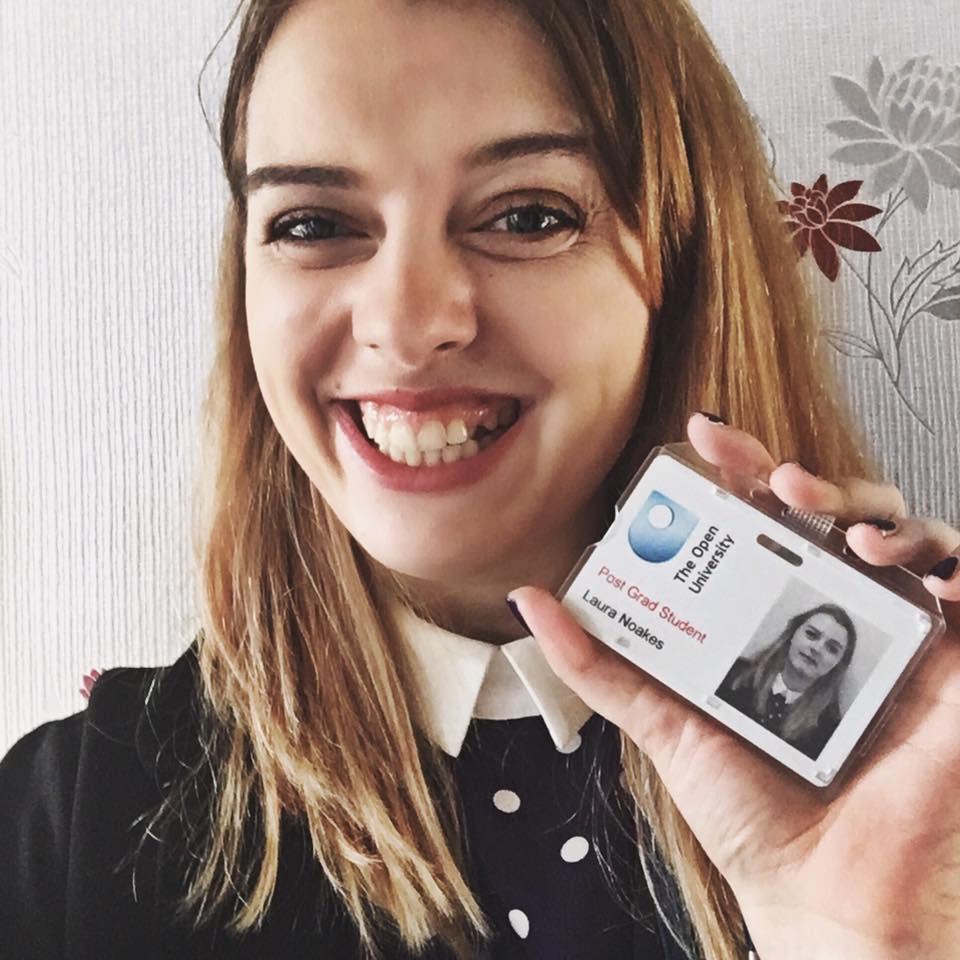Your Research. Your Life. Your Story.
A magnetic community of researchers bound by their stories
Every researcher has a story. What’s yours?
My PhD journey has really evolved over its first year

One of the things that I love about any kind of large writing project is how it evolves over time. Ideas change, theories develop, and the more familiar you are with the project, the more you’re able to really dig in to what it is you’re trying to do.
This is me, around about a year ago:

Back then, I had a vague idea of my research. In fact, I wrote down what it was then, in my ‘About Me’ section on this very blog:
My area of interest is the relationship between the campaign for parliamentary votes for women, and early female lawyers in the UK. More specifically, I am looking at this relationship in the context of four women: Christabel Pankhurst, Helena Normanton, Eliza Orme & Chrystal MacMillan.
But, as I read more of the literature, attended conferences and began visiting archives, I realised that my thesis needed more focus. I knew that I didn’t want my thesis to simply be a narrative history of these four women. At the beginning of 2018, I began to wonder how on earth I’d fit all four of them in. I know what you’re thinking – a PhD thesis is HUGE, thousands upon thousands of words. But I really wanted to interrogate the interaction between these women’s legal careers and suffrage activism. Could I do that when I was looking at four women?
After discussions with my supervisor, we agreed to cut two of the women from my research – Helena Normanton and Eliza Orme. The reason why we cut these two was because in terms of their legal careers, they had received more academic attention than both Chrystal Macmillan and Christabel Pankhurst.
Then, LITERALLY the day after we’d decided this, I found a woman. I was very excited, as this tweet illustrates:
Me when I discover a woman who was a suffragette AND a early woman lawyer and begin trying to piece together her life: pic.twitter.com/HVLAJiLpyT
— Laura Noakes (@lauranoakes) June 7, 2018
This woman was fascinating. She had almost nothing written on her, and her personal papers were preserved. Her name was Elsie Bowerman. Luckily for me, my supervisor was fully on board with my research incorporating Elsie.
So, now I had three women, when I’d only just gone down to two. I decided to focus on Elsie Bowerman and Chrystal Macmillan. I did this for a couple of reasons. First of all, Christabel had just had a full-length biography written about her, and secondly, whilst both Chrystal and Elsie participated heavily in the campaign for votes for women, and were likewise called to the Bar as practising barristers, they each held diverse political perspectives. Chrystal was a committed Liberal, a ‘suffragist’—she was a member of the National Union of Women’s Suffrage Societies—and a prominent pacifist during World War One. In contrast, Elsie was a member of the militant Women’s Social and Political Union and her political beliefs were more conservative.
Also, both continued their political activism AFTER the partial enfranchisement of women in 1918. This was another area in which my research evolved. The focus on suffrage became more broad, and instead became a focus on political activism as a whole. SO, when I began my research, my thesis title was ‘Inspirational Lawyers: The Fight for Women’s Votes and the Role of Early Female Lawyers in the UK.’ And now, it is ‘Chrystal MacMillan and Elsie Bowerman: First women barristers’ negotiation of professional and political identities.’
Personally, I think this is a pretty big change. Over the last year I’ve definitely become more confident in myself and in my work, and I’m really excited to see how my research develops further.
Laura Noakes (@lauranoakes) is a PhD student at the Open University School of Law. This story was published on October 29, 2018 on Laura’s blog, ‘The Portia Post’ (available here) and has been republished here with her permission.
Comments
You're looking to give wings to your academic career and publication journey. We like that!
Why don't we give you complete access! Create a free account and get unlimited access to all resources & a vibrant researcher community.

Your Research. Your Life. Your Story.
A magnetic community of researchers bound by their stories






